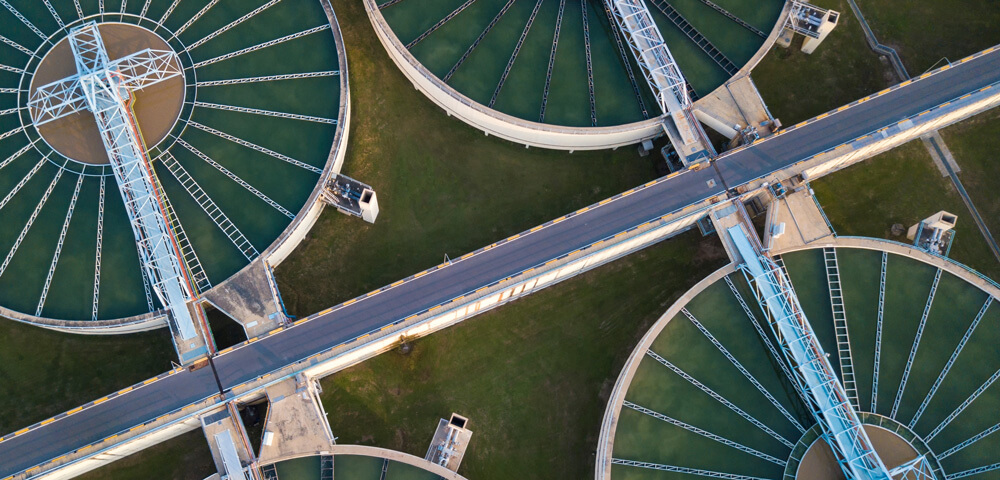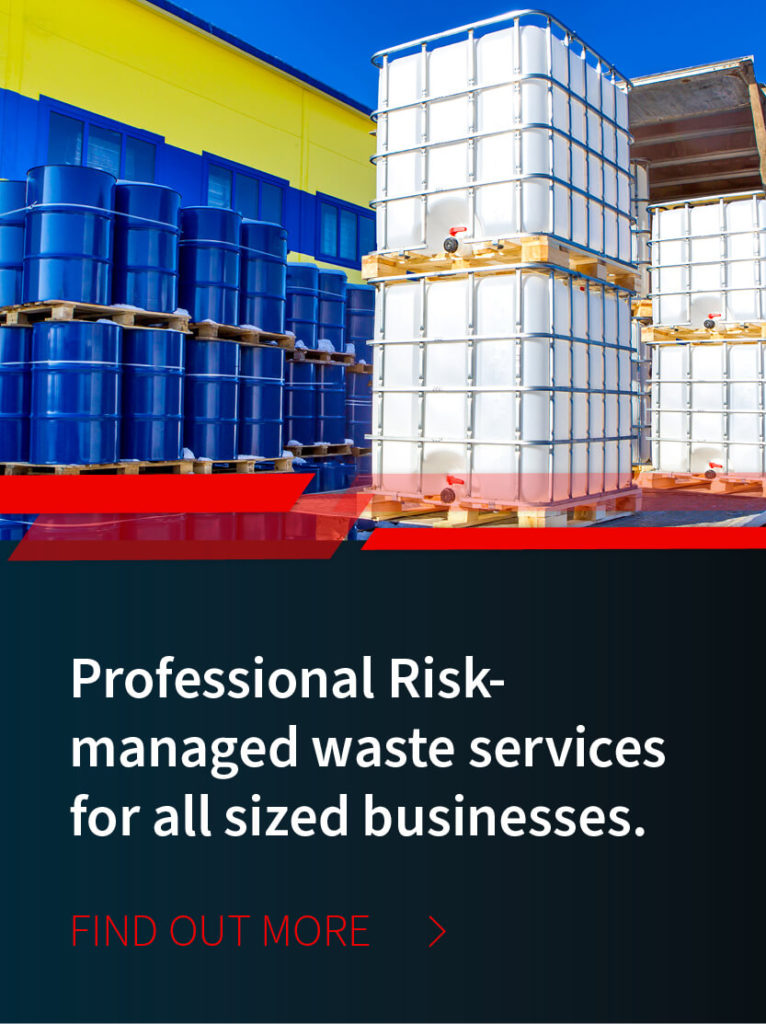
RCRA regulations are a complex area within hazardous waste management, so it's vitally important you're working with a waste management company that has a thorough understanding of the intricacies of those laws. If you're at all confused by current RCRA law, use the following as a general guide to brush up on the basics of what you need to know.
What Hazardous Waste Management Companies (and You) Should Know about RCRA Regulations
Understanding RCRA Law
The first important piece to recognize is that many generators of hazardous waste don't actually understand all the regulations as stipulated by RCRA. Especially when the economy tightened and many people lost their jobs, people were moved around departments or had new responsibilities added to their previous jobs.
That directly resulted in many people having to deal with hazardous waste who had no previous knowledge of this complicated, intricate area.
Obviously, if you've found yourself in that position or have any questions at all related to how to properly and legally manage your company's hazardous waste stream, it's important to reach out to an experienced, reputable, local waste management company that can not only help you logistically deal with your hazardous material, but also provide you with the valuable knowledge and education regarding that process.
A company such as this can tell you what's legal and then help ensure you're doing each of those things safely and properly.
Make especially sure to reach out if you are unclear about very basic elements or have questions such as:
- What is RCRA hazardous waste?
- What is an EPA waste code?
- How often do I need to ship my waste?
- How do I properly package my waste?
- How do I know if my company produces hazardous materials?
- What is the protocol for disposing of this type of waste?
Hazardous Waste Disposal Companies: Why Should You Work with Them?
There are two main reasons you always want to partner with a reputable hazardous waste disposal company. One, you can absolutely be fined for shipping this type of waste improperly. Financially, it's very much in your favor to work with a qualified third party rather than risk the fines and other potential penalties. Two, there are serious safety issues to consider. Hazardous materials are very dangerous, and dealing with them improperly puts you, your employees, and anyone in contact with that waste at risk of injury.
These materials can be
- corrosive,
- flammable,
- toxic,
- reactive, and more.
Therefore, proper care, attention, and forethought must go into storing, shipping, mixing, or disposing of anything hazardous.
Hazardous Waste Removal Companies: Why Is Choosing Wisely So Important?
When you select a hazardous waste removal company, you are putting a lot of trust in that business. Namely, you are trusting that they are knowledgeable enough not to give you incorrect information. As the generator, you are ultimately responsible for what happens with that waste—for the life of that waste.
Because you rely on these companies' expertise and because you ultimately assume cradle to grave liability for your waste, you need to do your research and choose this company with diligence and care. Carefully selecting the company could end up saving you in fines, and, more importantly, it could reduce the risk of anyone getting hurt by your waste.
What Your Hazardous Waste Removal Company Should Have
A reputable company will have:
- Proper documentation (what they need annually and per shipment).
- Necessary permits (hazardous waste transport permit, for example).
- Adequate insurance.
- Drivers who are properly trained, permitted, and DOT qualified (in terms of physical fitness, weight, blood pressure, etc.).
Make sure to do your due diligence and ensure your company has all these important factors.
Key Takeaways
- As the generator of the waste, you're ultimately responsible until it is properly disposed of.
- Your waste management company matters. Pick wisely to avoid fines and help ensure everyone's safety.
- Hazardous materials can be extremely dangerous. If you need help from professionals to dispose of them properly, reach out immediately.
For more information about what you or your waste management company needs to know in terms of RCRA regulations, please feel free to contact MCF Environmental Services, a waste management Atlanta company.








